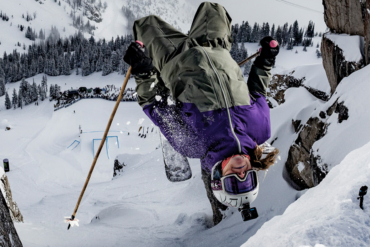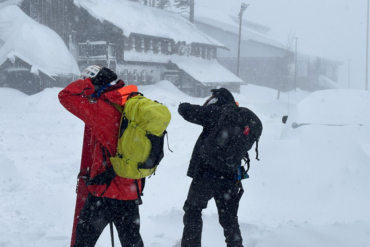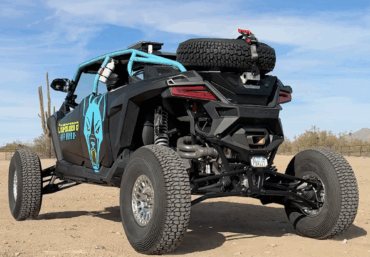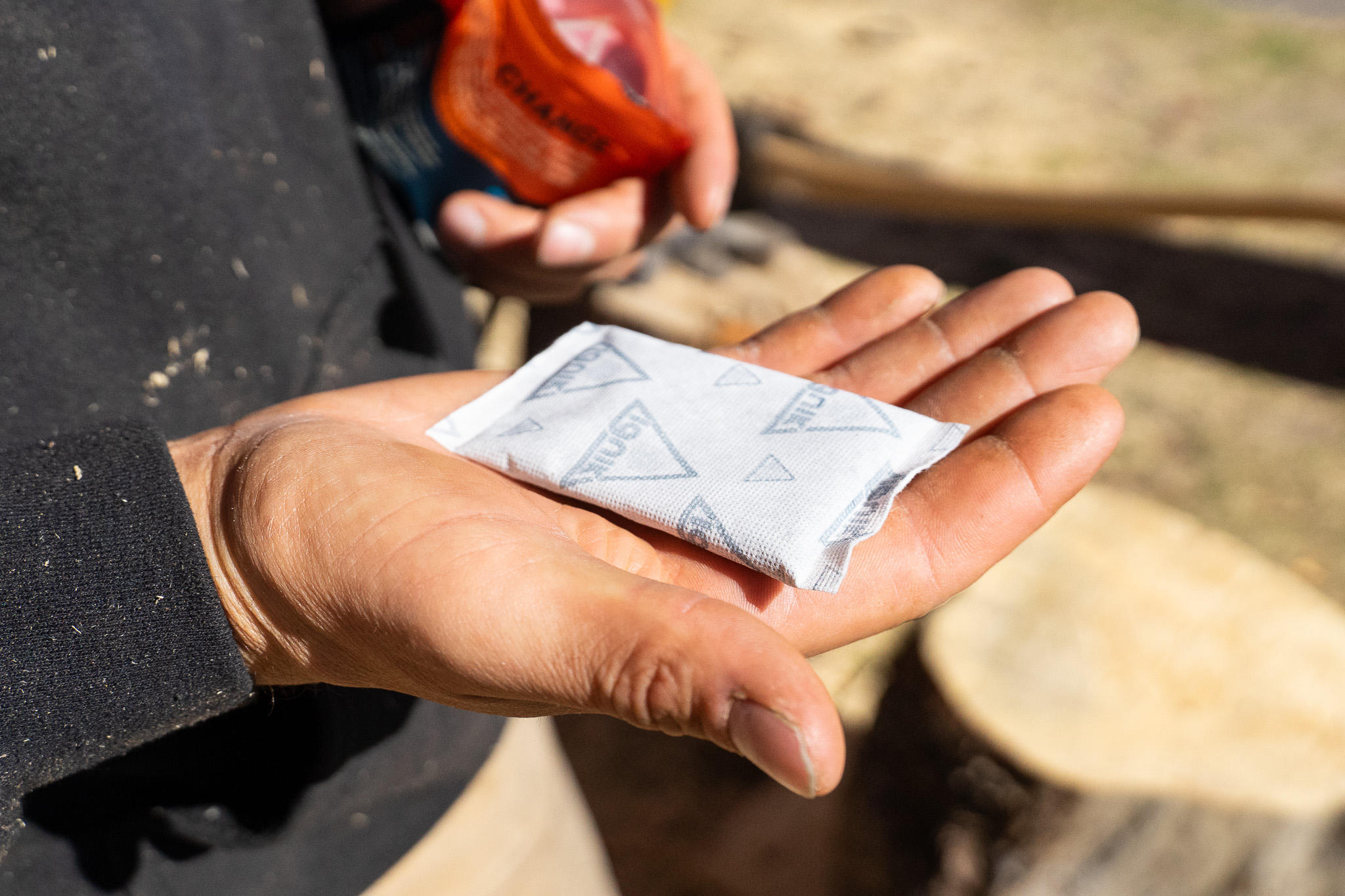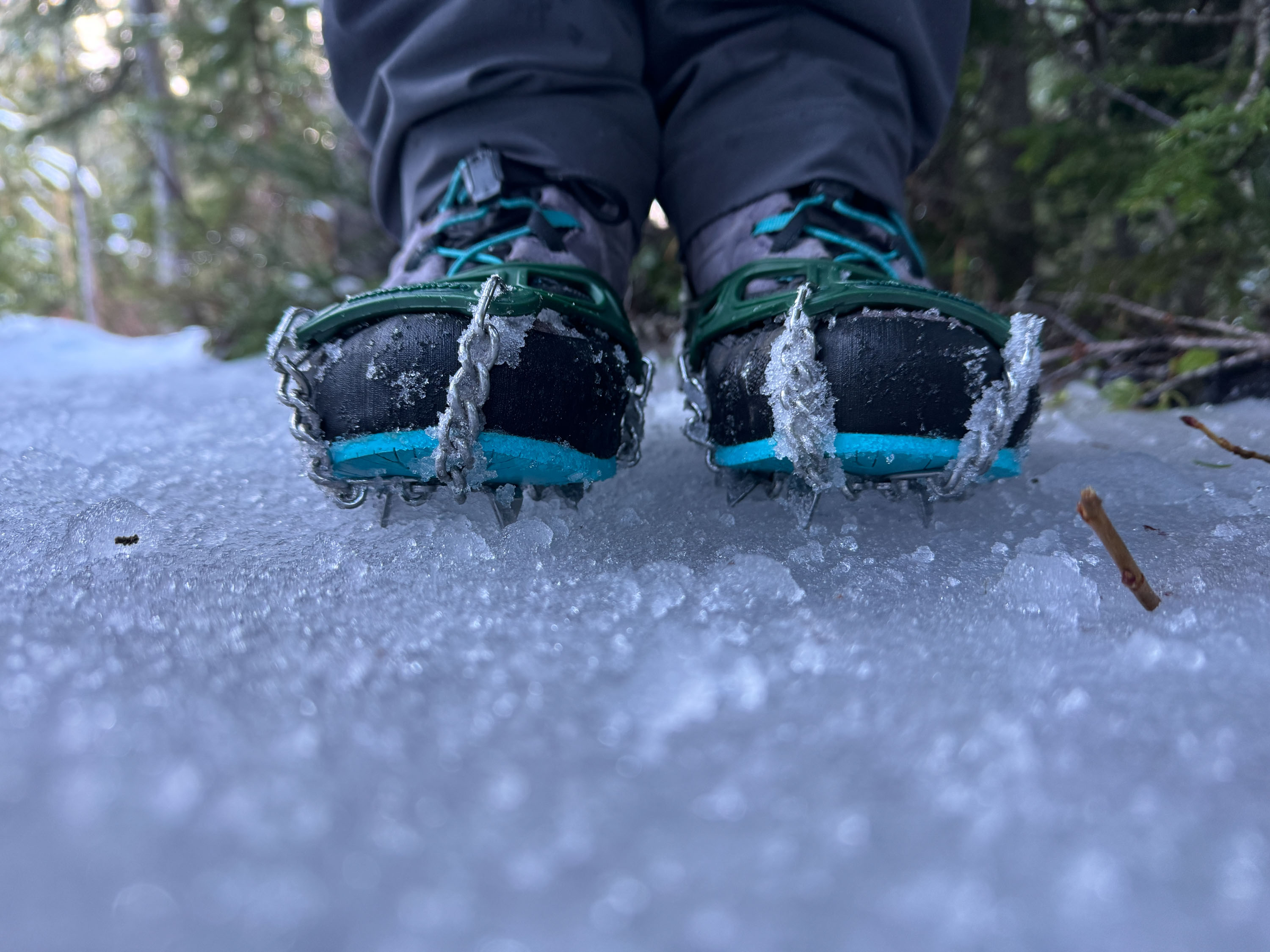In 2020, a guided client hoping to summit Mount Everest sued his guide service for calling off the attempt due to safety concerns. A new settlement favors the guide company and appears to help protect the industry.
In September 2019, Himalayan climbing guide Garrett Madison faced a critical decision. He could either lead his group of clients and Sherpas across the Khumbu Icefall directly under a massive overhanging serac or cancel the expedition and head back to Kathmandu.
Experts estimated the serac to be the size of a 15-story building. It could cut loose without warning — when and if it did, it would wipe out anyone in its path.
Ultimately, Madison made the call to turn around, as did every other guide and expedition that season. Due to danger from the serac, zero parties summited Everest in the fall of 2019.
In March 2020, Madison’s decision drew a high-stakes lawsuit. Zac Bookman sued Madison Mountaineering for $100,000, claiming breach of contract and fraud.
If successful, Madison said the suit could bankrupt his company. So his legal team countersued Bookman, as do all of Madison’s clients, had signed a waiver acknowledging unpredictable conditions may prevent summiting.
A recent settlement signed in a Seattle court resolves the argument. The decision is concrete: “Mr. Bookman will receive no refund, damages, or other financial compensation or consideration of any kind” in conjunction with the incident.
It also concludes that “the fear of lawsuits and the financial repercussions from lawsuits can lead to injuries, illnesses, and fatalities for clients, guides, Sherpa, and other mountain professionals.”

Similar Lawsuits Could Endanger Everest Guides
Simply put, the case could have represented a dangerous precedent for guide services. If clients can successfully sue guides over decisions about safety that run counter to their expectations of success, then guides will assume more danger to stay in business. Such pressure already exists in expensive, high-risk scenarios like those on Everest.
“The real fear within the industry would be that we would get sued every time we made a decision that a client did not like,” Guy Cotter, CEO of New Zealand–based Adventure Consultants, told Climbing.
“The typical client on Everest has always included business leaders of industry and high rollers, some of whom decide that it is they who should be dictating decisions on the mountain.”
Madison has guided over 70 clients to the summit of Everest during a career that began in 1999. He emphasized that the court’s decision protects the decisive faculty of mountain professionals.
“I feel like it’s a big win for myself and my company and for the mountain-guiding industry as a whole,” he said. “Expedition leaders should be able to make whatever decision they think is best and safest, even if that results in the client not summiting and the clients are unhappy with that.”
Bookman v. Madison Mountaineering: A Long Legal Battle
Bookman’s initial suit, filed in California, leveraged multiple allegations against Madison. It claimed that the guide scrapped the expedition because another client had arrived out of shape. Bookman then said Madison had verbally promised him a refund for the trip.
It never mentioned the serac. In a later interview, Bookman said the ice block was a “red herring” and gave his opinion of the scenario. “There are hanging seracs all over the west wall of Everest,” he told Outside. “It’s like saying we can’t walk through the forest until that particular tree falls down.”

A similar feature collapsed in the same area in April 2014. Though smaller, it killed 16 Sherpas working on the Khumbu Icefall between Base Camp and Camp I.
A California court threw out the original suit in September 2020 because it should have been filed in Washington, where Madison Mountaineering is based. The Dec. 21, 2021, settlement appears to give rest to Bookman’s case and adds to a legacy of similar failed lawsuits.
History of Lawsuits Against Himalaya Climbing Guides and Outlook
Outdoor-focused attorney James Moss said he’s aware of two other legal disputes in which clients sought refunds from Everest guides. Neither succeeded.
“If the guide’s contract is well-written, it will stipulate that the guide has the right to cancel the trip due to unsafe conditions,” he said. Moss also said the settlement is unique in that it’s “written not for the court, but as a press release. It’s meant to dissuade other similar lawsuits.”
Doug Grady, Madison’s lawyer, summed up the company’s position in a written statement focused on Sherpa safety. “It is one thing for Sherpa to knowingly take those risks as paid mountain professionals,” he said. “It is quite another for the American legal system to create unhealthy pressures that make their jobs even more dangerous.”
He also said the company is considering an arbitration protocol to avoid future lawsuits by resolving disputes out of court. “Absolutely no one should be thinking about lawsuits when looking up at the Western Cwm from Everest Base Camp,” Grady concluded.



